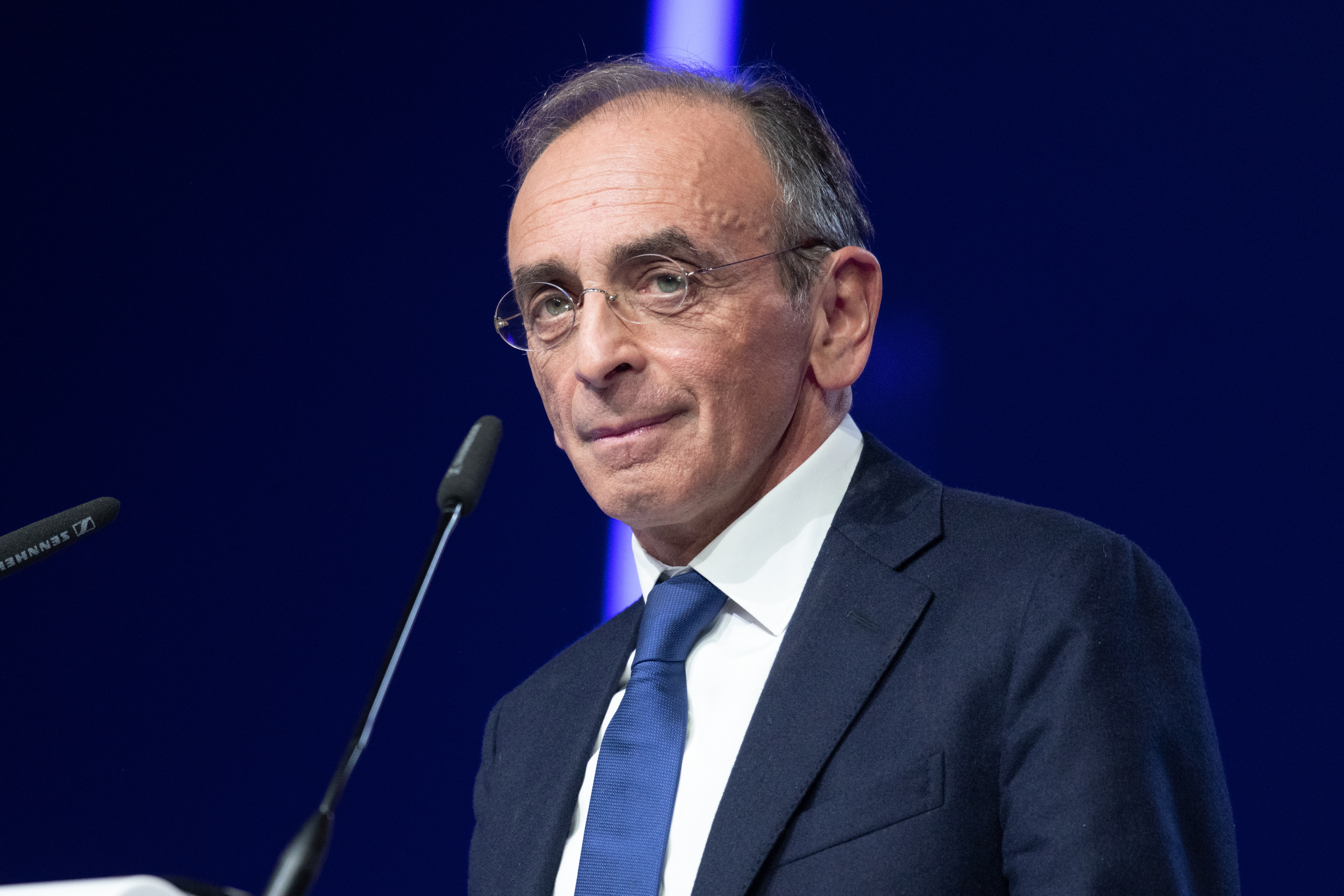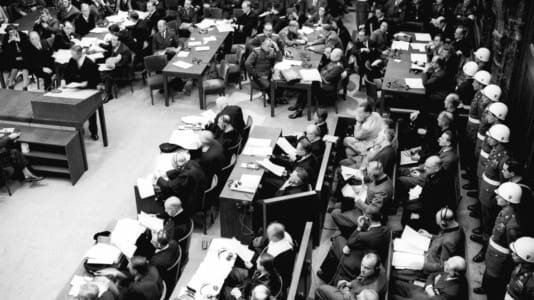In a new interview, French politician and author Éric Zemmour warned that France does not exist to take in the growing population of Africa and that due to changing demographics, the country’s future political system will be highly identitarian.
“We are not there to accommodate the demographic surplus of African countries. We are not here to put our welfare state at the service of Africa. We are not here to treat all of Africa, usually for free,” said Zemmour, who leads the Reconquest party, to French news outlet Le Point. “I understand very well that Africans, at the same time, are free, independent, that they define their friendships, their alliances as they see fit. They are responsible for their countries, we for ours.”
The interview touched on a wide range of subjects and explored Zemmour’s new book, “I Haven’t Said the Last Word,” which chronicles his electoral campaign following last year’s defeat. The book also covers the dominant political trends in French society and where France is headed in the future.
[pp id=8071]
The issue of Africa looms large in this context, with polling showing tens of millions of Africans wish to migrate to the West. One of the major destinations happens to be France, but Zemmour rejects the idea that France has any obligation to take in these newcomers. Regarding the North African countries with strong French ties, Zemmour said these nations now seek to “emancipate” themselves from France and that France should respond in kind.
“We live in a new period. African countries want to emancipate themselves, not from colonial tutelage, but from France. Because, at the same time, they throw themselves into the arms of a new neo-colonial tutelage of Russia, China, even England.
“France must do the same. It must therefore no longer consider that African immigration is welcome. We too must emancipate ourselves from African colonization in France and rebuild relations with Africa on a sound basis.”
[pp id=21180]
Zemmour, who has long warned about the Great Replacement, also discussed how the future of France’s political system is greatly tied to rapidly changing demographics. In his view, once the “boomer” generation dies off, the political fight in France will become very identitarian. The paradox is that the remaining ethnic French may be too few in number to adequately represent their interests.
“The nature of the fight will change. According to INSEE, 30 percent of children under 4 come from non-European immigration. One in three children. In 20 years, they will be 30 percent who will vote and live in increasingly Islamized enclaves. For those who say there is no Great Replacement: the numbers speak for themselves.
“France Stratégie, an organization attached to the prime minister, carried out a study more than a year ago which explained that, in many cities, the proportions of people from non-European immigration among young people aged 0 to 18 years reached 75 percent to 85 percent.
“In cities where they were previously infinitesimal, Limoges for example, they already reach 27 percent. Demography makes history. The fundamental law in history is numbers. And the numbers are in the process of tipping France into another world.”
For France’s older generations, France is in many ways still France, as the population from this generation is almost entirely ethnic French, and many of these older generations have successfully insulated themselves from the country’s growing diversity. However, Zemmour says for the younger generations, this attitude is not prevalent, but this group may lack the demographic numbers to vote their way out of the situation once the older, Whiter generations pass away.
“If we continue, in 20 years, there will be two blocks facing each other. Native and assimilated French people, who will want to continue their life in France and then those who will consider that France must be in their image, an Islamic Republic.
“There will be those who want France to remain a European country and those who think that France is now an African country. Obviously, this is an acknowledgment of failure. It will mean that I failed to access the power and stop this infernal mechanism in time. The question is whether the French people are aware, or not, of the mortal danger that awaits them. If this is not the case, history will advance.”
Asked whether he would return as a presidential candidate in the future, Zemmour said his political movement certainly will, but he does not find his dual writer-political roles as necessarily contradictory.
“I am and will remain a committed intellectual. So, I can do both. This does not mean that I will personally jump on every ballot and run in every election. My party will be there every time. I am the head of the party, so you will see me campaigning every time,” Zemmour told daily Le Point in a long interview.
[pp id=17788]
Asked in the interview whether he admires left-wing politician Jean-Luc Mélanchon, Zemmour said that while he sees many common traits with him, he is by no means “fascinated” by Mélanchon.
“I know him well and for a long time. I reject the word fascination. Flaubert, Napoleon, de Gaulle or Chateaubriand fascinate me. Not Jean-Luc Mélenchon. However, he remains the only one of all the candidates, along with me, to inscribe his action and his reflection in history. We have a lot in common. We come from the other side of the Mediterranean, that counts. Even if we draw antagonistic conclusions,” Zemmour said.
“Our dead govern us, Mélenchon and me. But they did not give us the same lessons or the same history. He left the Socialist Party, created his own party under fire and got 11 percent in his first presidential election. Look at where he is today… Having observed this left a lot, it does what the right has always refused to do: political-cultural action. The one that shapes minds, allows (them) to govern and, even more, allows (them) to prevent the opponent from governing.”






